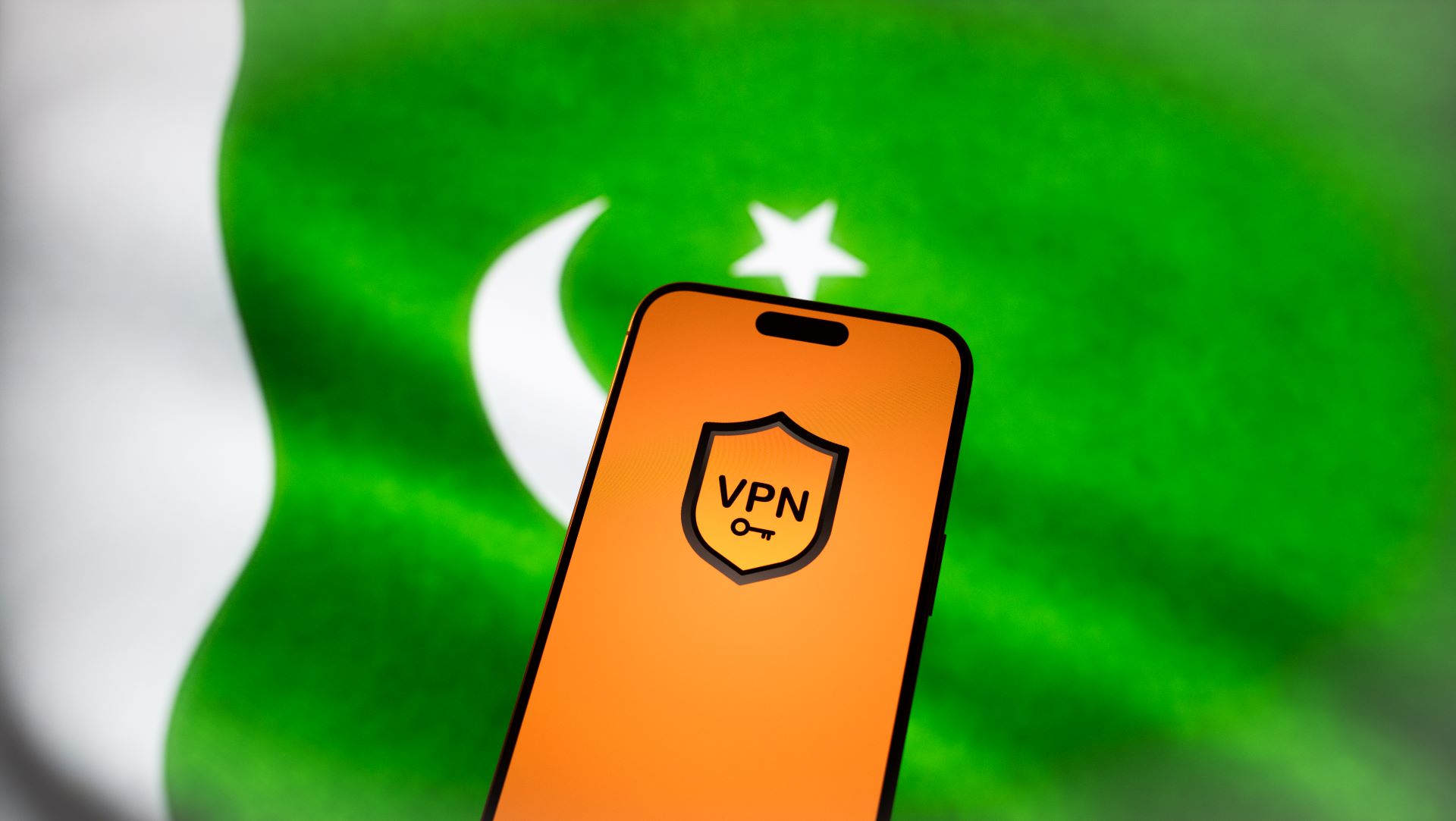Pakistan can block VPNs but "we won't do it", says the country's telecom chief
The Pakistan VPN debate is still flaring across the country

Pakistan won't block VPNs, despite having the ability to do so.
This was the main takeaway from the country's telecom watchdog, Pakistan Telecommunication Authority (PTA), during its annual end-of-the-year ceremony on Monday, December 16, 2024.
"We had said earlier that we can block VPNs but we won’t do it," said PTA Chairman Maj Gen (retd) Hafeez Ur Rehman, adding that they didn't block any services until today – Pakistani news channel Geo News reported.
The PTA originally set the deadline for November 30 to begin implementing a new policy regulating VPN usage, calling businesses and freelancers to register their service to evade blocks. The Pakistan VPN ban was then withdrawn due to a lack of legal grounds.
Pakistan VPN: a crucial resource
Since the beginning of 2024, Pakistanis have turned en masse to the best VPN apps to navigate an increased censored internet.
Social media access has been the main target for authorities. Residents couldn't use X ( formerly Twitter) without a VPN since February, in fact. Facebook and Instagram were also restricted in July 2024 and May 2023, respectively, according to Surfshark's Internet Tracker. WhatsApp and Bluesky were also blocked in November.
In this context – where circumventing services like VPNs are a crucial resource for residents and visitors – authorities began to crack down on their usage.
For starters, VPNs were reportedly targeted during the year as users faced temporary connectivity issues since February (exactly when X was first restricted). Plans to regulate the use of VPNs to curb their misuse were first shared in August.

A virtual private network (VPN) is security software that encrypts your internet connections to prevent snooping. It also spoofs your real IP address location to boost anonymity and grant access to otherwise geo-restricted content.
Authorities would later deem unregistered VPNs a "security risk" for Pakistan as they can be used to access "sensitive data," with Pakistan's top religious body even saying that using a VPN is "against the Islamic law."
Despite these strong stances, authorities have always stressed that VPN usage is permitted for legitimate purposes such as banking, foreign missions, corporate enterprises, universities, IT companies, call centers, and freelance professionals. Not many guidelines were shared, however, about their non-commercial use.
This is probably why the PTA decided to extend the registration deadline the day it was set to expire. Then, the final verdict – a Pakistan VPN ban goes against the law, according to the country's Law Ministry.
As per sources close to the Interior Ministry, under the Prevention of Electronic Crimes Act (PECA) 2016, the government can block content but not tools (like VPNs, in this instance).
"Eventually, it has been noted that the reading of the Interior Ministry in this regard was weak, and the courts would allow the functioning of the VPNs," the source told the Pakistani English-language newspaper Dawn.
In the meantime, Pakistan has also reportedly implemented a China-like internet firewall that "has the ability to block VPNs" – a Ministry of Defence official, familiar with the new deployments, told Al Jazeera.
The PTA chairman, however, refused to comment on potential shutdowns. "We don’t have answers when we are asked about internet shutdown owing to national security," he said, as per Geo News. "Questions related to national security should be asked from policymakers."

Chiara is a multimedia journalist committed to covering stories to help promote the rights and denounce the abuses of the digital side of life – wherever cybersecurity, markets, and politics tangle up. She believes an open, uncensored, and private internet is a basic human need and wants to use her knowledge of VPNs to help readers take back control. She writes news, interviews, and analysis on data privacy, online censorship, digital rights, tech policies, and security software, with a special focus on VPNs, for TechRadar and TechRadar Pro. Got a story, tip-off, or something tech-interesting to say? Reach out to chiara.castro@futurenet.com